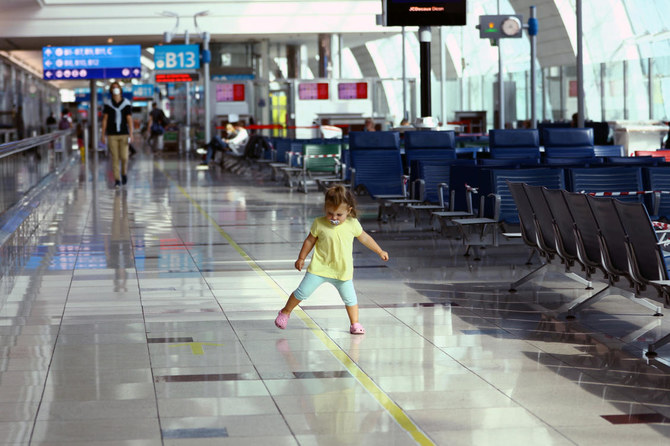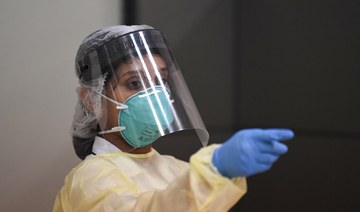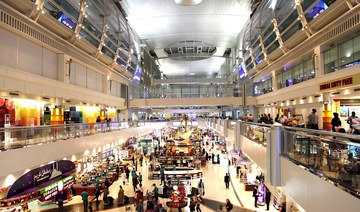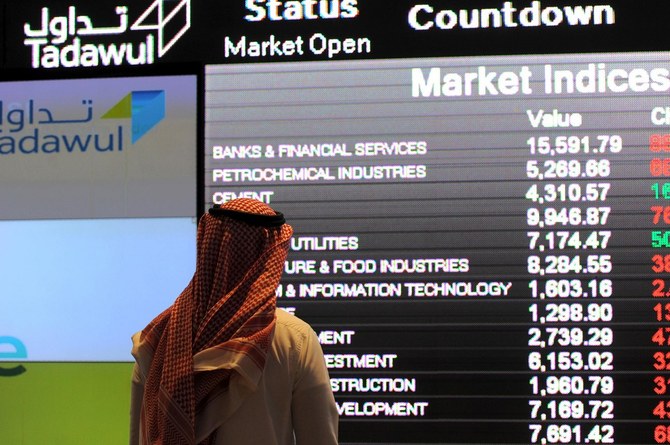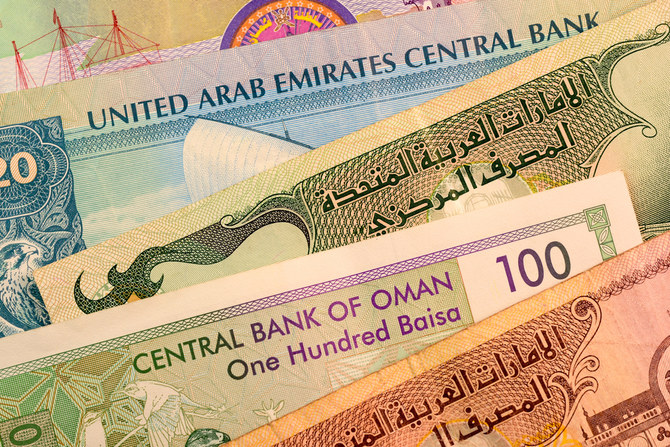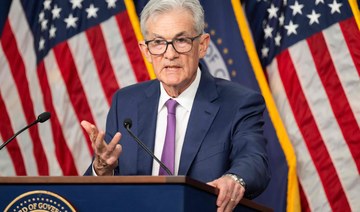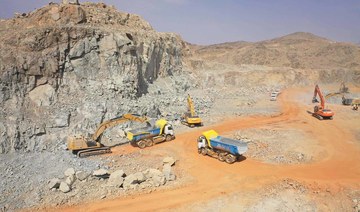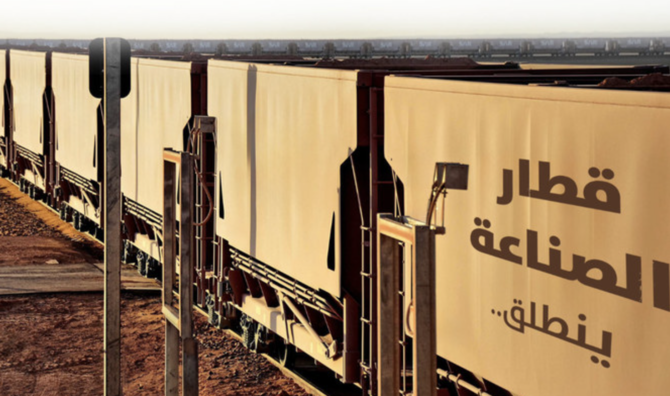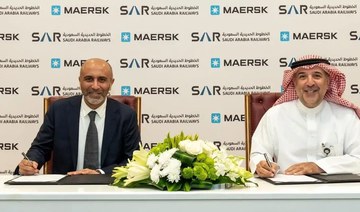DUBAI: Temperature screening and face masks will become common sights at airports to mitigate the spread of the new coronavirus but physical distancing could make flying more expensive, the head of Dubai airport said.
Around the world, governments, airports and airlines are considering temporary safety measures to restart air travel, including mandatory temperature checks, wearing face masks and keeping passengers apart.
“We are going to have to take whatever measures are necessary to protect the traveling public and our staff,” Chief Executive Paul Griffiths told Reuters.
Dubai International, one of the world’s busiest airports, suspended passenger services in late March as the United Arab Emirates took drastic measures to contain the virus.
The UAE has since allowed some repatriation flights and eased other restrictions in the Gulf state, though it is not clear when normal flights will restart.
Temporary safety measures should be expected as flights resume but Griffiths cautioned physical distancing rules would eventually limit growth as demand rebounds.
“We will not be able to operate at anything close to our original design capacity if we have to maintain social distancing,” he said.
Dubai airport, the hub of airline Emirates, was handling Airbus A380s with over 600 passengers before the virus forced the airport to halt flights.
Physical distancing could also increase airfares if airlines were restricted to selling fewer tickets in order to keep some seats empty, Griffiths said.
Paul Griffiths oversees what now is a much quieter Dubai International Airport, home to the long-haul carrier Emirates and crucial to East-West travel. The millions that once poured through the airport’s concourses are no longer flying as countries around the world enforce lockdowns and travel bans to fight the virus and the COVID-19 illness it causes.
Though government-owned Emirates plans to restart some flights next week, Griffiths told The Associated Press that the airport has yet to find a workable coronavirus or antibody test to administer on a massive scale to passengers. Until a vaccine or a permanent solution to the virus exists, there could be “quite a low level of activity for quite some time,” he said.
“I think the thing is there are a lot of people that are offering conjecture, whether it’s 18 months or two years or less or more,” Griffiths said in an interview Wednesday. “But the problem is it’s all conjecture. The honest answer is no one really knows.”
The airport known as DXB saw 86.4 million passengers in 2019, 6 million more than second-place Heathrow Airport in London. That’s down 3% from 2018 when Dubai had 89.1 million passengers.
But air travel this year has been disrupted by the virus. In the first quarter, Dubai International Airport’s passenger numbers dropped by nearly a fifth to 17.8 million compared to last year. Cargo and repatriation flights have been flying, however.
Beginning May 21, Emirates plans to operate flights to nine cities, including Chicago; Frankfurt, Germany; London; Madrid; Milan; Paris; Toronto; and Sydney and Melbourne in Australia. Already, attendants on Emirates flights wear gloves, masks and other protective gear.
In the airport, customers and staff alike wear masks and disposable gloves. Thermal heat scanners look over passengers and they have experimented with both coronavirus and antibody tests, Griffiths said. However, the airport has no immediate strategy to test all passengers, like Iceland plans to do at its airport in Reykjavík. That leaves open the possibility of an asymptomatic coronavirus carrier making it onto a flight.
“I believe we’re doing everything we can to make sure that we are maintaining the integrity of the health and security and safety of our customers and staff,” Griffiths said. “And as new methods become available, we will, of course, trial and adopt them if they’re effective and scalable.”
The virus has taken a hard toll in Dubai and the wider United Arab Emirates, a federation that includes six other sheikhdoms on the Arabian Peninsula, among them Abu Dhabi. Emirati officials said Thursday they’ve detected over 21,000 cases of the virus, with 208 deaths and more than 6,900 recoveries. Particularly hard-hit is the Emirates’ vast population of foreign laborers.
Ramping up activity at both Emirates and Dubai International Airport is crucial for Dubai, which created itself as a vital hub for the free movement of trade, people and money worldwide — all things that have been disrupted by the pandemic. The airport-based firm Dubai Duty Free, whose vast shelves of alcohol, electronics, perfumes and playthings greet bleary-eyed travelers from the world over, had sales of just-over $2 billion last year alone.
The airport itself has been able to hold on to its 2,650 direct employees, while having to “suspend, reduce or terminate” the contracts of an additional 2,450 third-party contractors, Griffiths said. Generating revenue and reducing expenses is a priority at a time of uncertainty over how long the disruption global travel will continue, he said.
What that future looks like remains in question.
Griffiths suggested that one way forward could be digital passports with health information — a replacement for the low-tech yellow vaccination books travelers sometimes need. Given the pandemic’s uneven effects worldwide, bilateral deals may need to be struck country to country, further complicating global travel but slowing the virus’ spread.
But Griffiths believes the world eventually will return to the airport and that the pandemic is another disruption in a long line of major events like the 1991 Gulf War, the Sept. 11 terror attacks and SARS outbreak.
“I feel we’re all standing on the start line of a sprint race and we’re looking at the starter and waiting for that pistol to be fired,” Griffiths said. “As soon as that finger tightens around the trigger, we’ll be ready to spring into action.”



